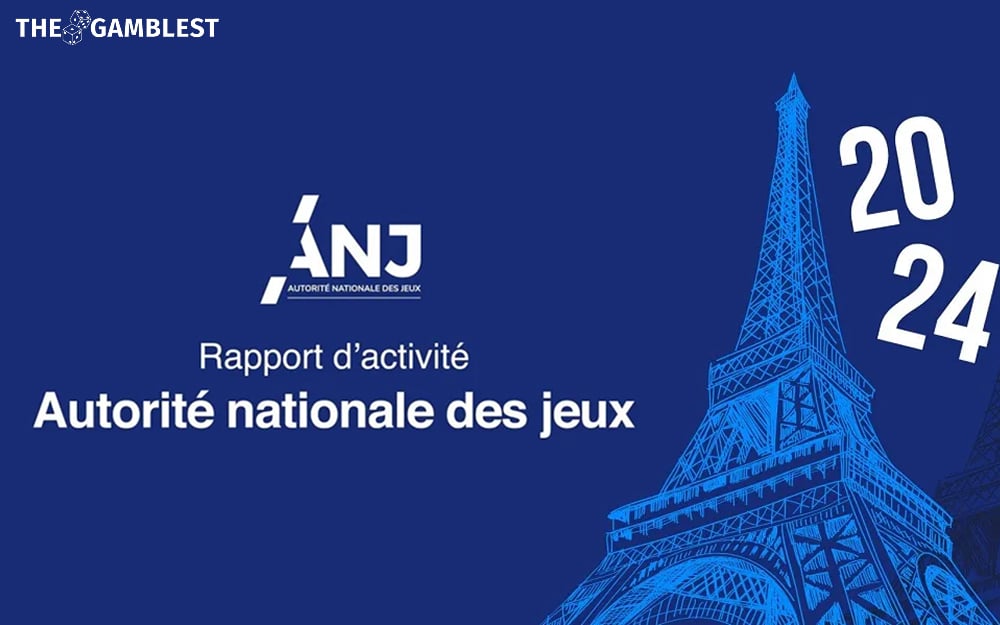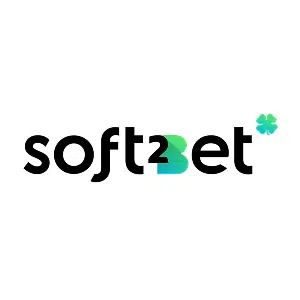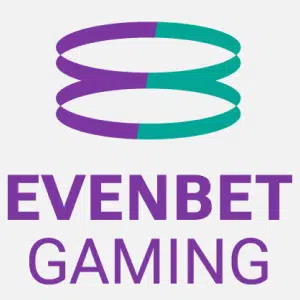
Since its inception on June 23, 2020, the ANJ has focused on implementing regulations that combine support and oversight with the aim of better protecting players.
The first regulatory cycle laid the foundations for the toolbox provided for by the Pacte law and the 2019 ordinance, and its adoption by the regulator and operators.
Substantial progress has been made by operators to meet their obligations regarding the prevention of excessive gambling and the fight against money laundering; these efforts are beginning to be measured in the action plans examined by the ANJ, notably by more excessive gamblers identified. Operators now appear to have better integrated the regulatory framework and, in particular, the objective of reducing excessive gamblers in their customer base. Two decisions of the Council of State have also confirmed the power to supervise the gaming offer and the promotional strategy of monopolies mobilized by the ANJ to protect players and combat excessive gambling .
On the repressive side, the policy of controls and sanctions was affirmed in 2024 with 9 sanctions imposed, some with significant amounts of up to €150,000. Regarding excessive gambling, the ANJ sanctions commission issued a public sanction of €800,000 in January 2025. This decision, unprecedented in the amount of the sanction and its public nature, initiates a new cycle and constitutes an important signal to the entire market.
The fight against illegal supply was finally significantly strengthened in 2024, with 1,335 URLs blocked, 231 administrative actions, and the activation of new levers such as the initiation of financial flow blocking. This action is particularly important since illegal supply is widely used by high-risk players.
However, the risk of excessive gambling is not yet fully under control. The voluntary ban file, for example, is seeing its registrations grow by 20% per year and currently numbers 85,000 people, compared to 40,000 in 2021.
Therefore, in 2024, for its second regulatory cycle covering the years 2024-2026, the ANJ wished to set as the central pivot of its strategic plan the effective reduction of excessive gambling over three years. This objective must necessarily result in a reorientation of the sector’s economic model towards less intensive gambling and less focused on high-risk players.
To make progress on this issue, which concerns all stakeholders, the ANJ is organizing a symposium on gambling addiction on June 27 at the Senate. The aim is to take stock of the obligation to identify and support excessive gamblers, which has been imposed on economic actors since 2019 and which mobilizes public policies, and to debate the improvements to be made. A comparative approach and cross-examinations will allow for a perspective on best practices and trajectories to be followed.
Better coordination between the various stakeholders and, where appropriate, an adaptation of the regulatory framework could be proposed.
For Isabelle Falque-Pierrotin:
Driven by a very dynamic market that has been fostered by digitalization, gambling, which is not a product like any other, has nevertheless become a common consumer product. The objective of reducing excessive gambling set by the ANJ must now translate into an obligation of results that involves reducing the number of excessive gamblers and their contribution to the revenues of gambling operators. More broadly, the fight against gambling addiction requires going beyond sectoral considerations and considering the more global and societal dimension of the phenomenon, which concerns operators, public authorities, the regulator, associations, educators, parents, etc.

















